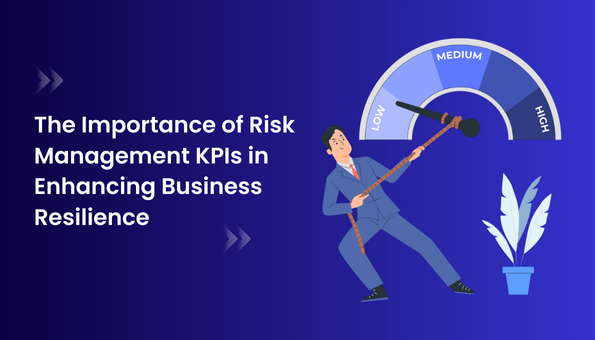How the Importance of Risk Management Shapes Powerful Leadership
Wiki Article
The Importance of Understanding the Value of Risk Management in Different Industries

The Core Idea of Risk Management and Its Purpose
Risk Management, the foundation of many industries, hinges on the recognition, assessment, and mitigation of unpredictabilities in an organization setting. By appropriately determining potential risks, services can create techniques to either stop these dangers from occurring or minimize their effect. When threats have been determined and evaluated, the mitigation process entails devising approaches to reduce their possible influence.Benefits of Implementing Risk Management in Service Operations

Unveiling the Duty of Risk Management in Different Industries
While every sector confronts its unique collection of threats, the application of Risk Management approaches remains a common measure in their quest of sustainability and development. In the medical care field, Risk Management involves guaranteeing individual security and information protection, while in financing, it involves mitigating investment risks and ensuring governing conformity (importance of risk management). Construction companies focus on worker safety, task hold-ups, and spending plan overruns. In the innovation sector, business alleviate cybersecurity risks and innovation obsolescence. Eventually, the duty of Risk Management across sectors is to recognize, assess, and alleviate risks. It is a necessary component of critical planning, allowing organizations to safeguard their possessions, maximize chances, and accomplish recommended you read their goals.
Real-life Study Demonstrating Effective Risk Management
To understand the relevance of Risk Management in these many fields, one her comment is here can look to a number of real-life instances that show the effective application of these procedures. Toyota, post the 2011 earthquake in Japan, revised its supply chain Management to lessen disruption risks. These situations show just how markets, learning from crises, properly applied Risk Management techniques to reduce future dangers.
Future Patterns and Advancements in Risk Management Approaches
As the world continues to progress, so also do the patterns and growths in Risk Management approaches. Fast developments in innovation and information analytics are reshaping the Risk landscape. Huge information and AI are currently important in forecasting and alleviating threats. Organizations are leveraging these devices to build anticipating models and make data-driven decisions. Cybersecurity, when a peripheral worry, has actually catapulted to the leading edge of Risk Management, with methods concentrating on detection, action, and avoidance. The integration of ESG (Environmental, Social, Governance) variables right into Risk Management is another growing fad, showing the raising recognition of the duty that social and ecological dangers play in organization sustainability. Therefore, the future of Risk Management depends on the fusion of innovative innovation, innovative approaches, and a holistic method.Conclusion
In final thought, understanding the significance of Risk Management across a spectrum of industries is important for their durability and success. Ultimately, successful Risk Management contributes to Our site extra resistant and lasting businesses, highlighting the value of this practice in today's vibrant and highly competitive organization environment.While every sector faces its one-of-a-kind collection of threats, the implementation of Risk Management techniques remains an usual in their quest of sustainability and growth. In the health care sector, Risk Management involves making sure individual safety and information security, while in financing, it includes mitigating investment risks and ensuring regulatory conformity. Inevitably, the duty of Risk Management across sectors is to recognize, evaluate, and reduce risks. These cases show just how sectors, finding out from crises, efficiently used Risk Management methods to reduce future risks.

Report this wiki page